Evie Adams, a now enterprising Level 6 student of Practical Wildlife Conservation, who has also been elected as the 2018/19 Sabbatical Officer for Science and Technology, came to University of Salford to study a Foundation Year in Environmental Science. Her passion for her course and the opportunities she was provided with led her to studying an undergraduate degree. During this time, Evie has had some fantastic international placement opportunities – hear what she has to say about them in her own words…
The Beginning
I originally came to Salford to do a Foundation Year in Environmental Science. I really liked the course and the lecturers and I felt it was the right choice for me to stay on as an undergraduate. I made some really good friends and everything fell into place. I thought there was no point going to university for 3 years if I can do 1 year and go back into a job. But that all changed when I started at University of Salford. Five years on, I’m still here and still loving it.
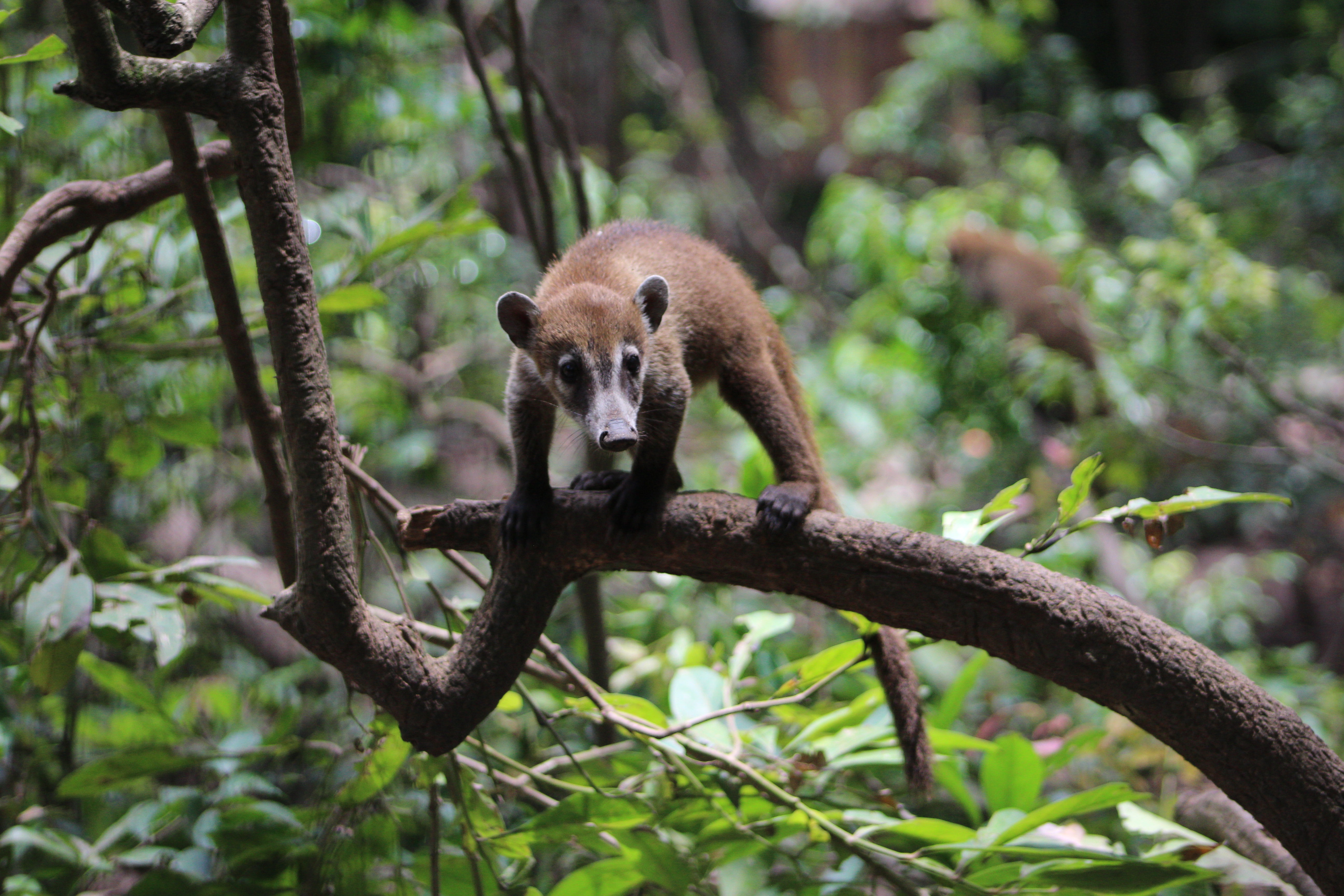
Greece
One of the opportunities that the School of Environment and Life Sciences provide is a sandwich placement. You do two years of study, then you go on placement for a year out, before you come back for your final year. In your placement you have to do a minimum of 10 months working, which is accredited. I did six months in Greece and I was funded through the Erasmus scheme. The funding was enough to cover the fees which covered accommodation and food, but that’s pretty much the same as your rent in the UK.
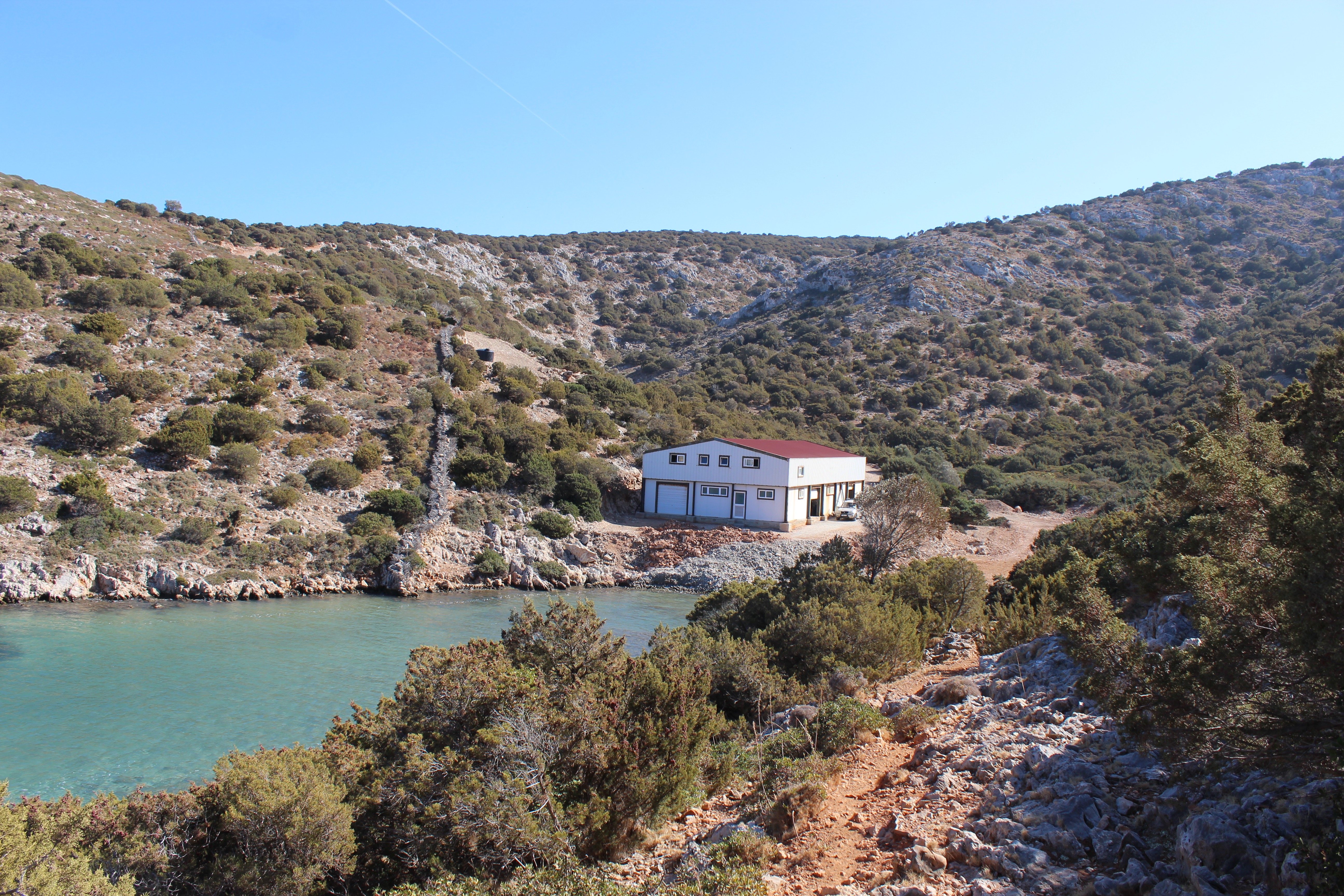
I worked in East Greece on a couple of small islands. The company I worked for was a marine-biology-based conservation NGO and it was one of the only ones in Greece that operate in a marine environment. They do marine mammal projects: dolphin surveys, sperm whale watching and working with marine mammals and Mediterranean monk seals. I spent 6 months kayaking and mapping sea grass to do with an international project with Born Free, WWF.
For Greece, I didn’t need much prep. It wasn’t too much of a culture shock. The language was a big thing but we had language classes every week, organised by Erasmus. After 6 months, my Greek was quite good. The only thing I wish I had organised better was a hammock and a better mosquito net– not that the mosquitoes were dangerous, they just give you a nasty bite!
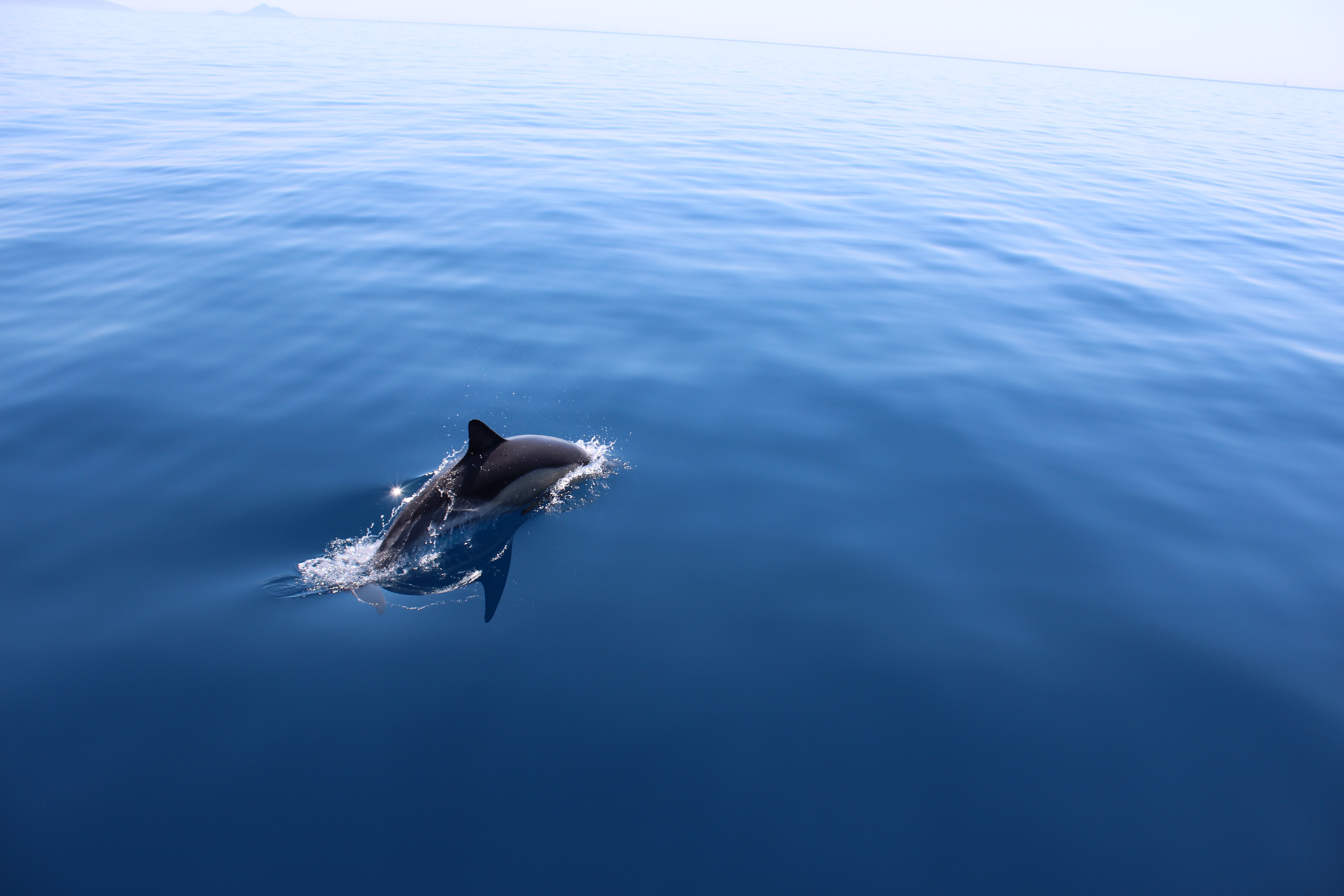
Belize
I came home for Christmas then in February I went to Belize for a terrestrial placement. I was very lucky to get two international placements! Belize is an ex-British colony so the first language is English. It borders on Guatemala, Honduras, and Mexico and it’s about the same size as Wales. It’s absolutely stunning, and it was one of the best decisions I’ve ever made.
The site I worked at was called TREES – the Toucan Ridge Education and Ecology Centre – is at the bottom of a mountain. It’s a beautiful National Park. There is quite a lot of eco-tourism there and a very nice environment to work. I was on a 6 week structured internship and they were happy to keep me on longer. I went on a reptile amphibian internship but I ended up working with mammals, birds, bats, and pretty much any sort of tropical ecology survey and monitoring. I started doing a monitoring project based on what I’d learned in my second year with small mammals – this was just on a bigger scale.
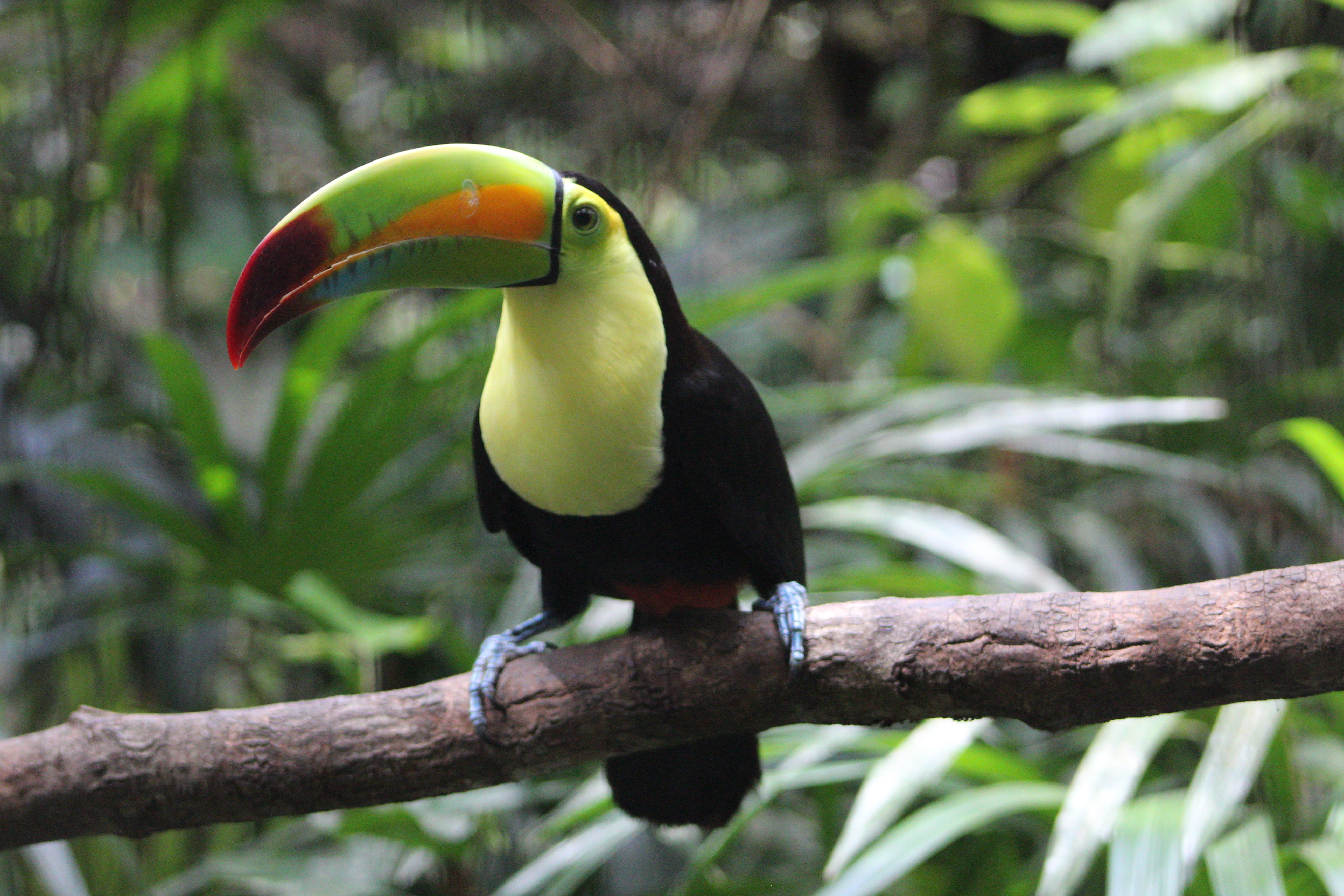
I put camera traps out thinking I’m going to get armadillos but I got big cats, jaguars and jaguarondi, which are like the Scottish wild cat, really rare and we got them quite a lot! I also recorded a new species of bird and bat species while I was there. There are 40 something bat species in Belize and we recorded 26 species in the space of 2 months – 3 were new ones. Those sort of surprises, I couldn’t have predicted them. You can’t get that experience in the UK.
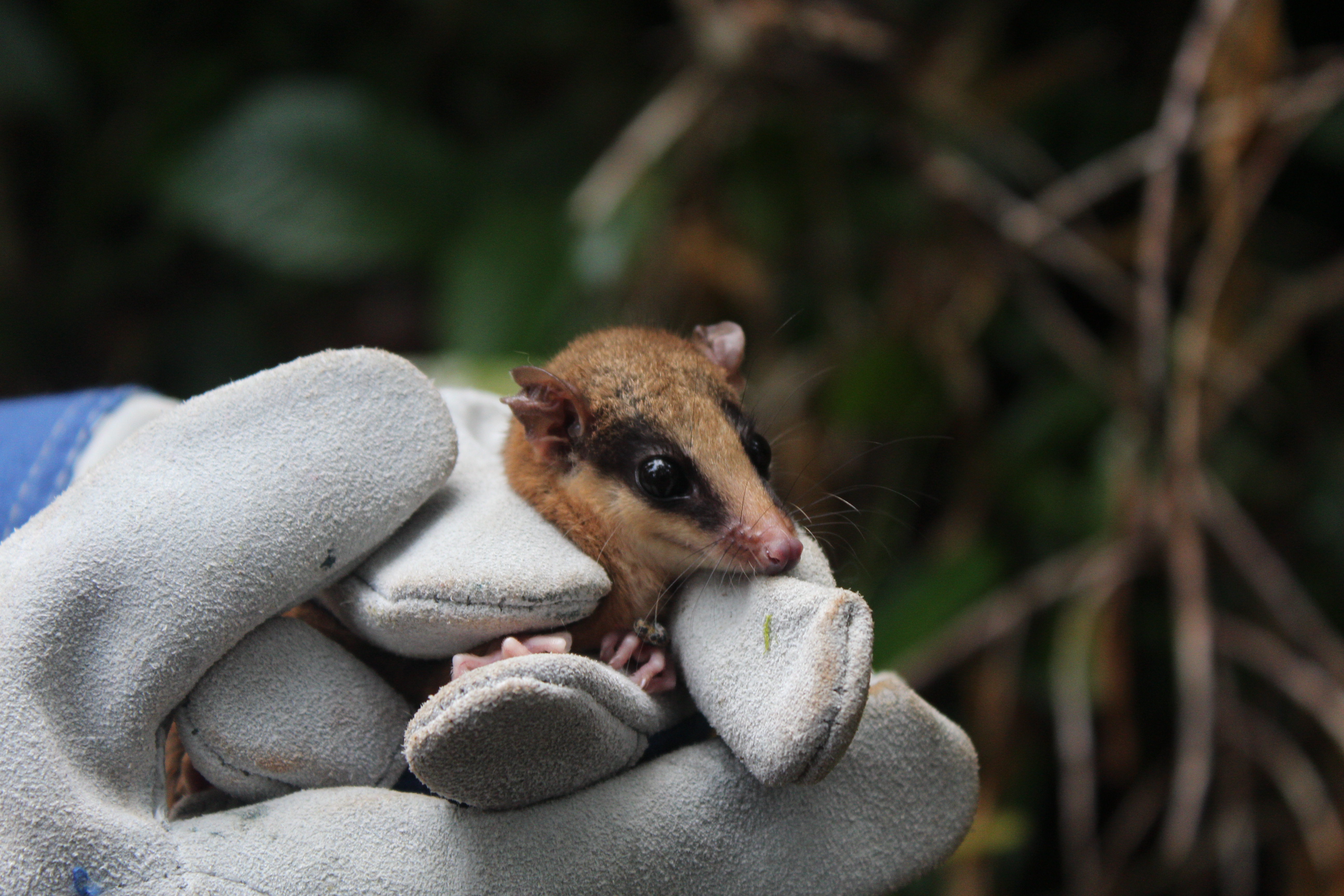
I learned so much from the academics and the visiting scientists – they had a lot of field trips and a lot of people going through the park. While I was there I bumped into a retired couple who were ex-film makers who had worked on the original Planet Earth and for National Geographic. Through them, I got involved with the BBC who were there filming Big Cats. I ended up being a Junior Researcher for them for two weeks. It was amazing to see behind the scenes; these guys have filmed Planet Earth, Blue Planet, and Springwatch!`
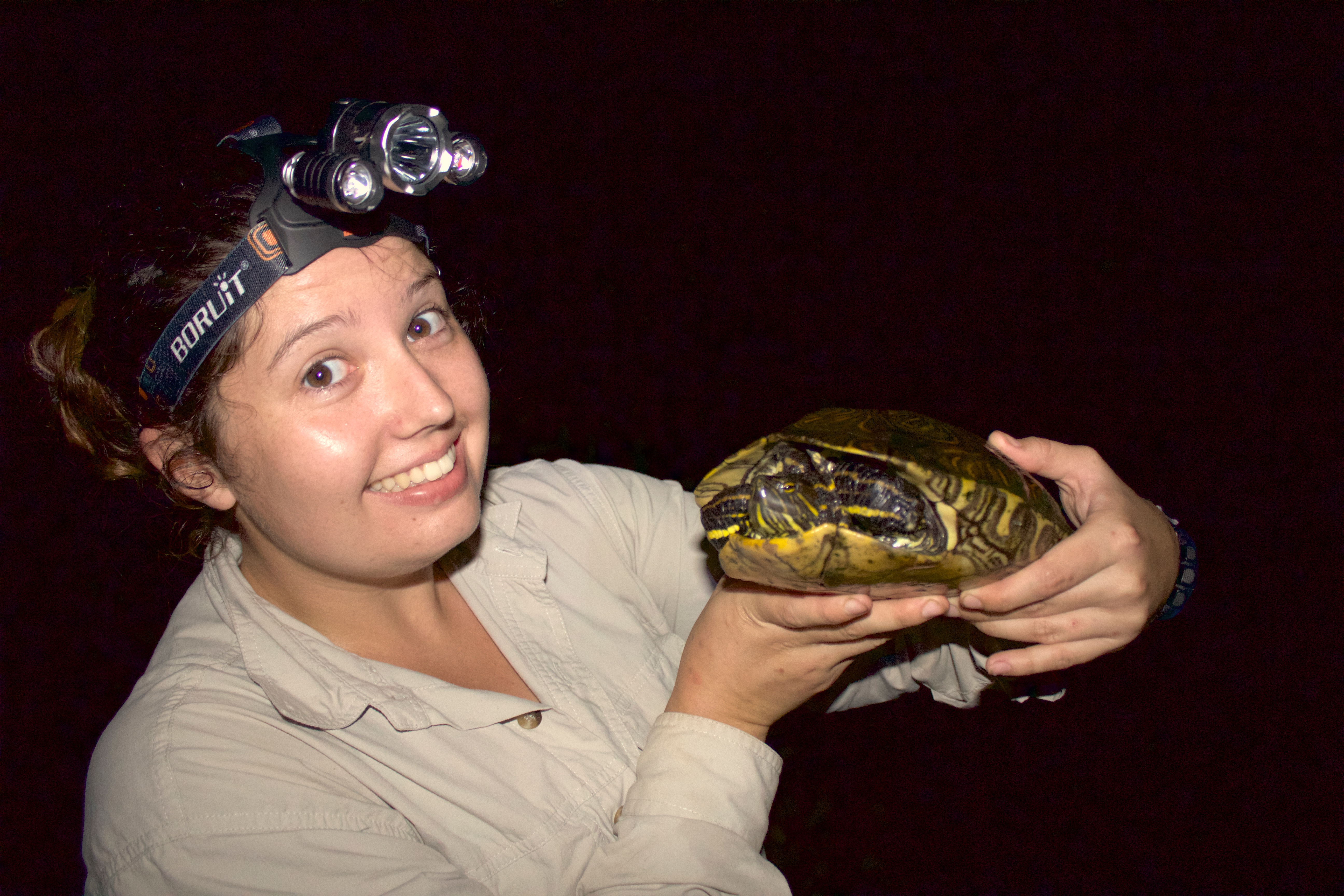
For Belize, I had to do a lot more preparation than for Greece. I had to get jabs because I knew I was going to be handling animals. And I had to get tropical equipment – things like a poncho, because when it rains, it pours. Fortunately, I had friends who had been to central America so they could advise. It can be quite emotional – because you’re away for a while and in Belize it can be quite isolated. It’s a mountainous region so the Wi-Fi and internet are based on the phone signal so when it rains, nothing. And I had to buy a local SIM card. It was easy enough but I just had to work with it!
Further Travel
It probably cost me about £2k, and I was there for 6 months. But the price will vary depending on where you go and what you do! I probably spent a little bit less in the country itself, but more on flights and travelling. I went to Guatemala, I went to Mexico, I went swimming off the coast with whale sharks and things like that; I wouldn’t have been able to do that if it had been really expensive. I took the opportunity to travel. There is cost involved but the experience you get is priceless.
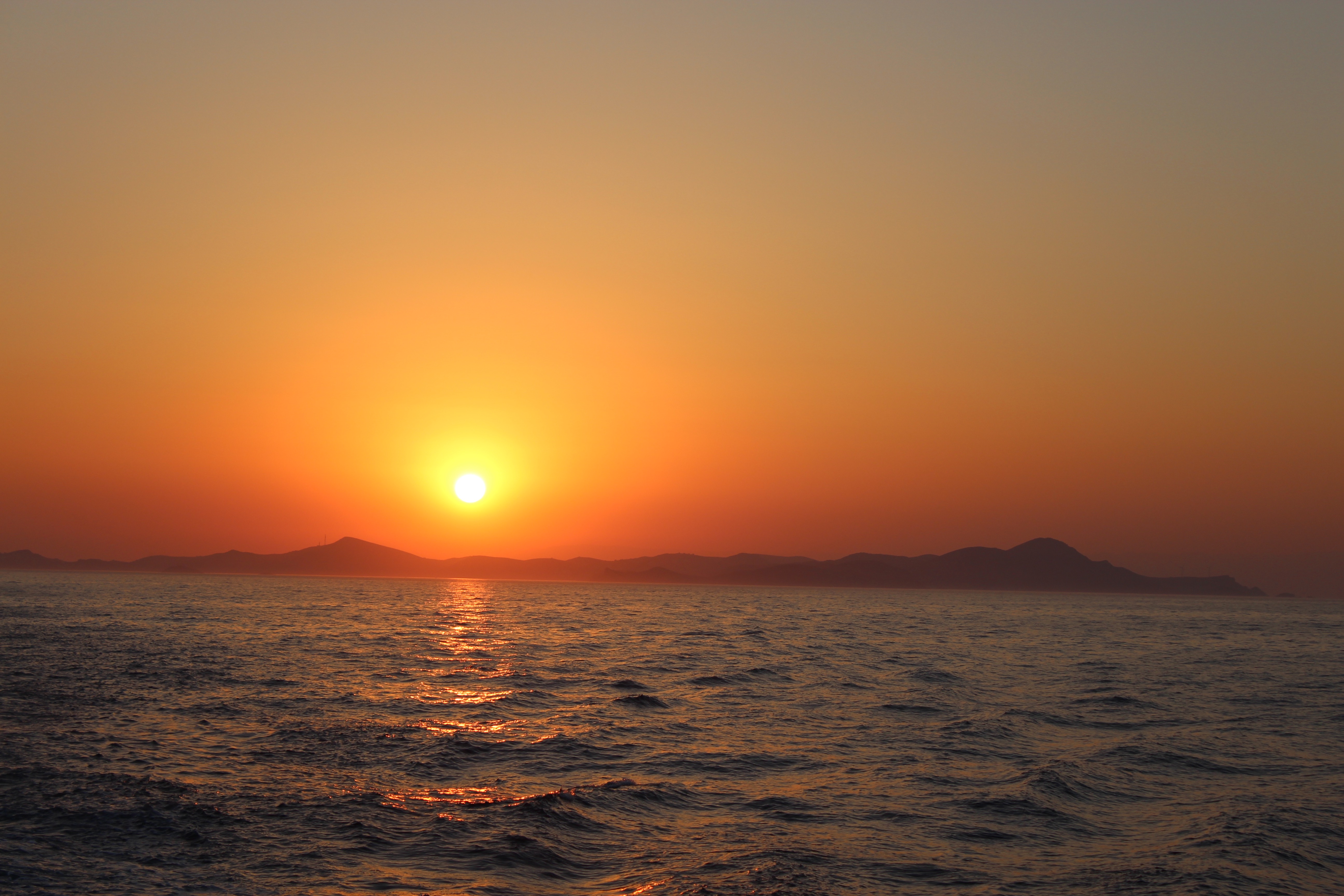
I love studying at University of Salford – Salford is like a bit of a hidden gem. I had no idea where Salford was! The School of Environment and Life Sciences is amazing, they’ve got some amazing lecturers and researchers. There’s an open door kind of environment here, your lecturers are always happy to help you find opportunities – so take them!

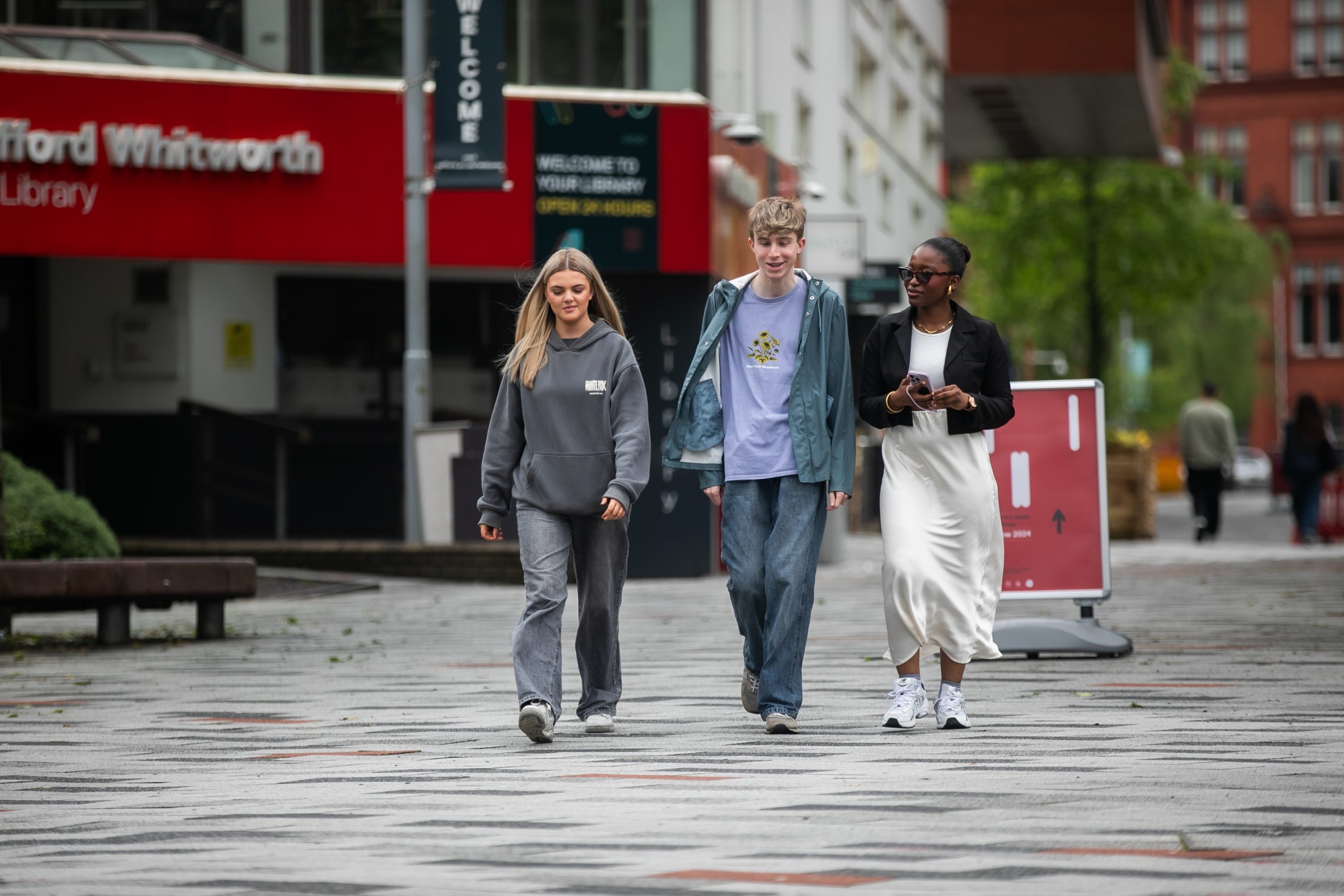

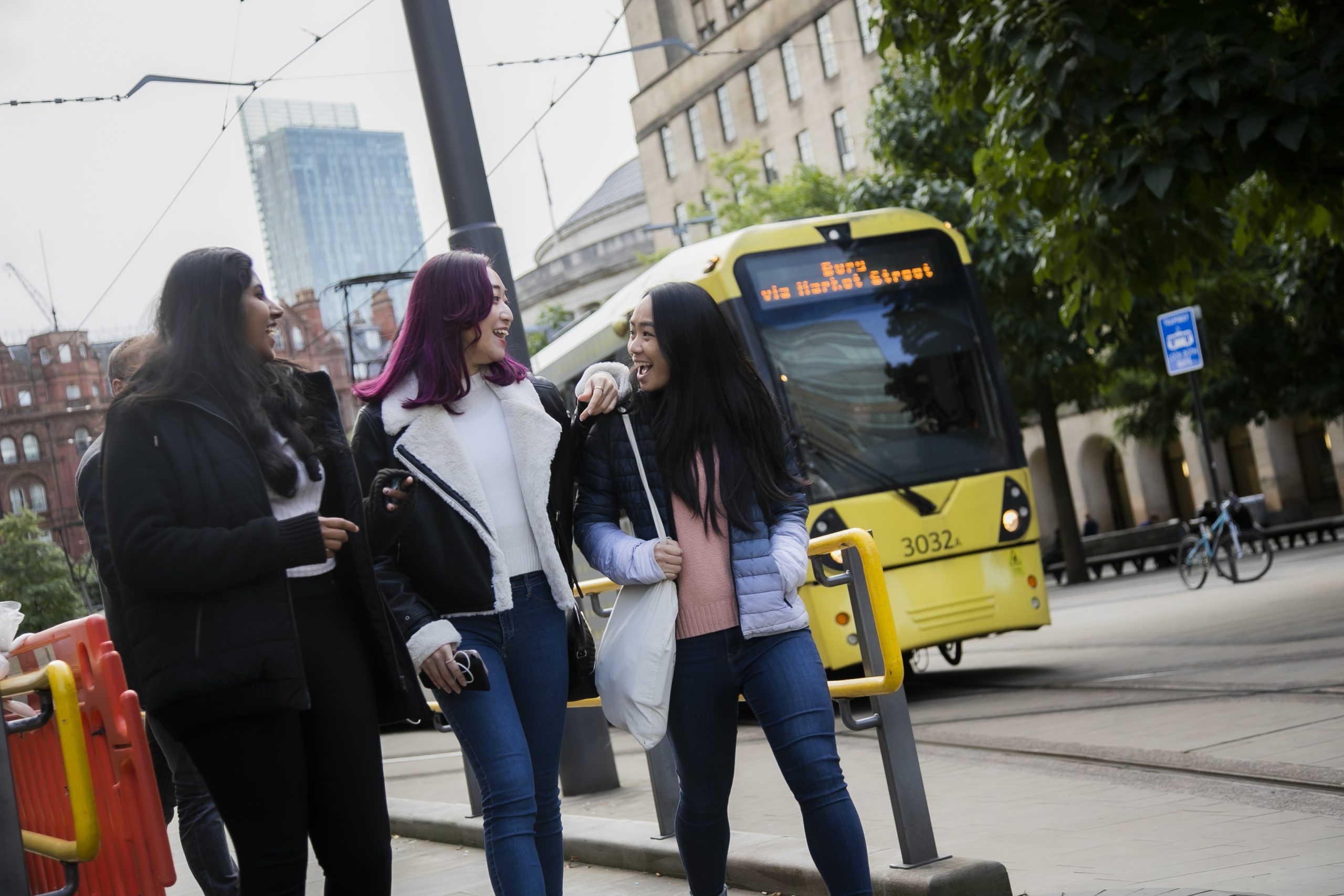


Leave a Reply